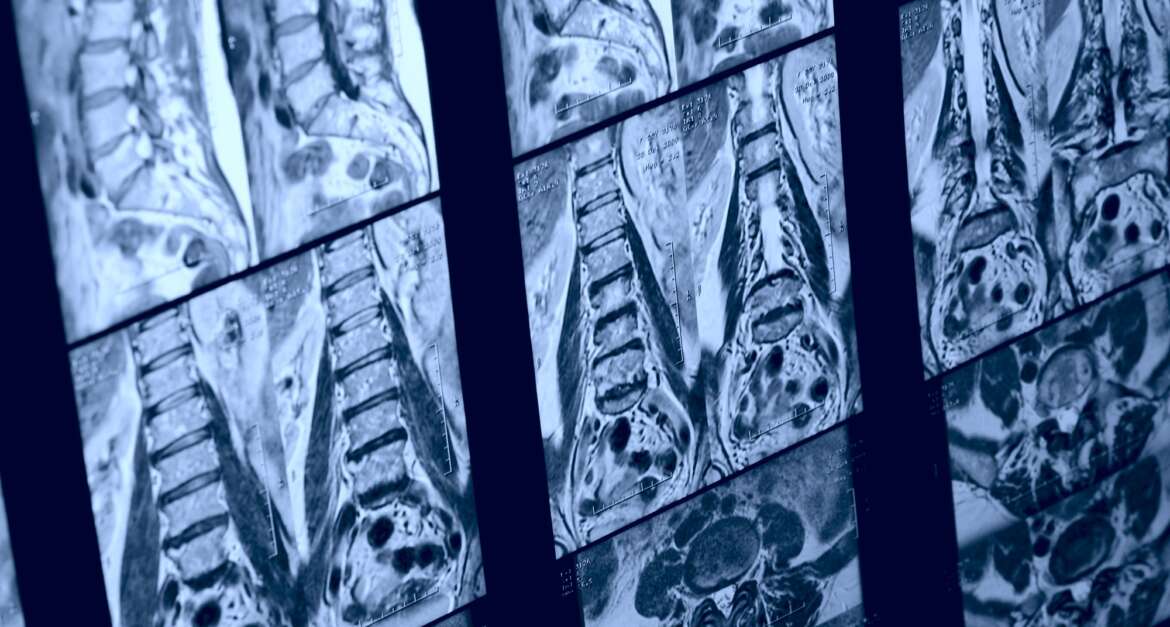Spine tumors are a complex and potentially life-threatening condition that can significantly impact an individual’s quality of life. While several factors contribute to the development of spine tumors, including environmental and lifestyle factors, recent research has shed light on the role of genetics and hereditary factors in their occurrence. In this blog post, we will delve into the intriguing connection between genetics and spine tumors, exploring the underlying mechanisms and highlighting the importance of genetic testing in early detection and personalized treatment approaches.
Understanding Spine Tumors –
To comprehend the impact of genetics on spine tumors, it is crucial to first understand the nature of these tumors. Spine tumors can be classified into two categories: primary and metastatic. Primary tumors originate in the spine itself, while metastatic tumors are secondary, originating from cancerous cells that have spread from other parts of the body. Both types can be influenced by genetic factors, but primary tumors often exhibit a stronger genetic association.
Genetic Factors and Spine Tumors –
Familial Spine Tumors –
- Discuss the existence of familial cases of spine tumors and their genetic basis.
- Highlight specific genetic mutations and syndromes associated with familial spine tumors, such as neurofibromatosis, Von Hippel-Lindau syndrome, and Li-Fraumeni syndrome.
Sporadic Spine Tumors –
- Explain the contribution of sporadic genetic mutations and alterations in the development of spine tumors.
- Discuss common genetic changes found in sporadic cases, such as TP53 mutations and alterations in genes related to cell cycle control and tumor suppression.
Genetic Testing and Early Detection –
Importance of Genetic Testing –
- Elaborate on the significance of genetic testing in identifying hereditary factors and potential genetic predispositions.
- Discuss the benefits of early detection through genetic testing, allowing for proactive treatment and monitoring.
Types of Genetic Tests-
- Describe various genetic tests used in the diagnosis of spine tumors, including gene sequencing, molecular profiling, and chromosomal analysis.
- Explain how these tests help identify specific genetic mutations and alterations associated with spine tumors.
Genetic Counseling –
- Discuss the role of genetic counseling in providing individuals and families with comprehensive information about hereditary factors and the associated risks.
- Highlight the importance of genetic counseling in facilitating informed decision-making and supportive care.
Personalized Treatment Approaches –
Targeted Therapies –
- Explain how understanding the genetic profile of a spine tumor can help tailor treatment approaches.
- Discuss the emergence of targeted therapies that specifically address the genetic abnormalities driving the tumor’s growth.
Prognostic Value-
- Highlight how genetic information can aid in determining the prognosis and likely disease progression.
- Discuss how genetic markers can guide treatment decisions, including the choice of surgical intervention, radiation therapy or chemotherapy.
Summary-
The relationship between genetics and spine tumors has become increasingly apparent, shedding light on the hereditary factors that contribute to their development. By recognizing the role of genetics and utilizing genetic testing, healthcare professionals can offer personalized treatment approaches and facilitate early detection, ultimately improving patient outcomes. If you or a loved one suspect a genetic predisposition or are concerned about spine tumors, it is crucial to consult with a specialist. Dr. Vivek Bonde at the Spine and Brain Clinic is expert in the field, providing comprehensive care and genetic counseling for individuals affected by spine tumors.
The Spine and Brain Clinic, led by Dr. Bonde, is a state-of-the-art facility equipped with the latest diagnostic tools and treatment technologies.
To schedule an appointment or learn more about spine tumors, genetic testing, and personalized treatment options, you can reach out to Dr. Vivek Bonde and the Spine and Brain Clinic at spinenbrain.com

